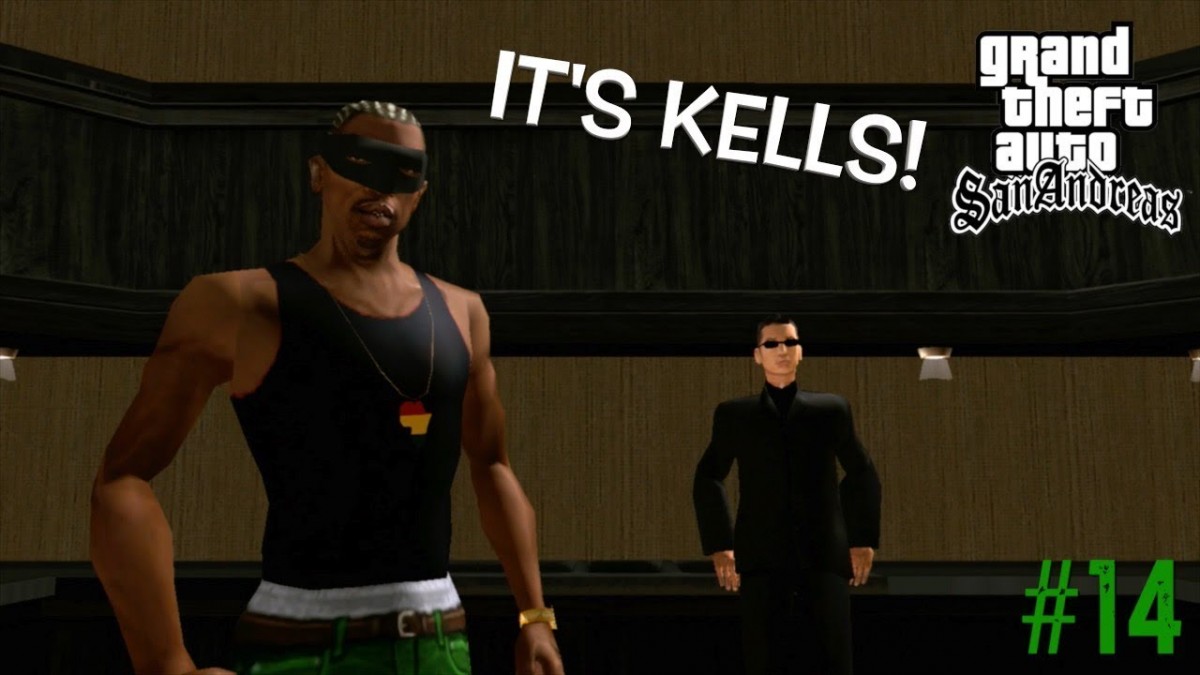Julianne Holt-Lunstad, a teacher off mindset in the Brigham More youthful University exactly who served once the top honors lookup editor of consultative, claims one to loneliness was pervasive adequate to become a primary question. However, also she admits that it is not yet determined if or not loneliness was bringing tough. ”We can argument just what that particular frequency speed is actually and you will if it is rising or otherwise not,” she states.
A number of the negative wellness effects the report warns on the was suspicious. ”The doctor general keeps rung a security bell that is not once the demonstrably causal because the report shows,” says Dave Sbarra, a professor out-of therapy during the School regarding Arizona whose browse the physician standard alludes to in his consultative. ”Some of the conclusions exceed the brand new extant study.” In particular, brand new allege in one chart on the advisory one to ”devoid of public connection is just as dangerous given that puffing 15 smokes an excellent day,” he says, is actually ”defectively misleading.”
Murthy refuted to speak with myself for it tale. His office told you they the stand by position brand new consultative, and that it accompanied the fresh CDC’s concept of an epidemic. However, merely couple of years ago, Murthy himself accepted the fresh new suspicion as much as health outcomes. The guy advised the Freakonomics podcast that just just how loneliness influences our fitness is ”still from the very early stages to be realized.” As we features studies that show connection, i have a lot fewer degree that confirm causation, the guy added.
All choice recommended of the Murthy, political figures, influencers, and you may startups usually work with you to man or woman’s conclusion. ”Respond to one label off a buddy,” Murthy writes in the report. ”Express oneself authentically.” But many pros argue that loneliness and you will social disconnection try periods off deep social issues, and additionally impoverishment and you may inadequate medical care. Contacting they an effective ”loneliness crisis,” next, may be some time particularly contacting COVID a ”sneezing pandemic.” Holt-Lunstad fears one to trying to lose loneliness are ”kind of like reducing soreness in place of in reality addressing new supply of the pain.” Even as we exaggerate otherwise get me wrong loneliness, it will be more complicated to track down options that basically let those individuals who’re most vulnerable.
Before about 1800, ”loneliness” was barely used in the English language. It evolved from the definition of ”oneliness,” which just meant ”alone” and didn’t carry the same emotional baggage. Many early Americans embraced being alone as an easy way to getting nearer to God.
And it is have a tendency to conflated which have becoming socially remote, which means that having couple societal dating and you can connections and can be measured a lot more objectively

As Western industrialization and secularism emphasized the individual, society began to view loneliness as distinct from solitude – and as a loathsome experience to be avoided at all costs. Soon marketers began touting technology as a means to ease it; a 1912 Bell Telephone ad bragged that the telephone ”banishes loneliness.” By the mid-20th century, dissecting loneliness was en vogue among everyone from The Beatles to the famed sociologist David Riesman. And in 1978, psychologists at the University of California Los Angeles released a set of survey questions called the Loneliness Scale, which nearly 50 years later remains the closest thing we have to a standardized metric in America.
Like any subjective experience, loneliness is tricky to measure. ”You can be isolated and not lonely, you can be lonely and not isolated,” Holt-Lunstad says. recently named Washington, DC, the loneliest city in America simply because it has the highest proportion of one-person households, despite research that suggests people who live alone actually socialize more than their married counterparts.
The fresh new Chamber of Commerce
The standard 20-matter UCLA Loneliness Size asks participants to rate their relationships and feelings of connectedness, including ”How often do you feel part of a group of friends?” and ”How often do you feel that no one really knows you well?” I’ve answered the survey multiple times. While I’ve consistently gotten a low score – indicating I’m not particularly lonely – I’ve noticed that my answers depend somewhat on how I’m feeling that day. I’m more likely to say I feel isolated from others ”sometimes” if I’ve worked long hours from my apartment and not the office that week.
Lämna ett svar